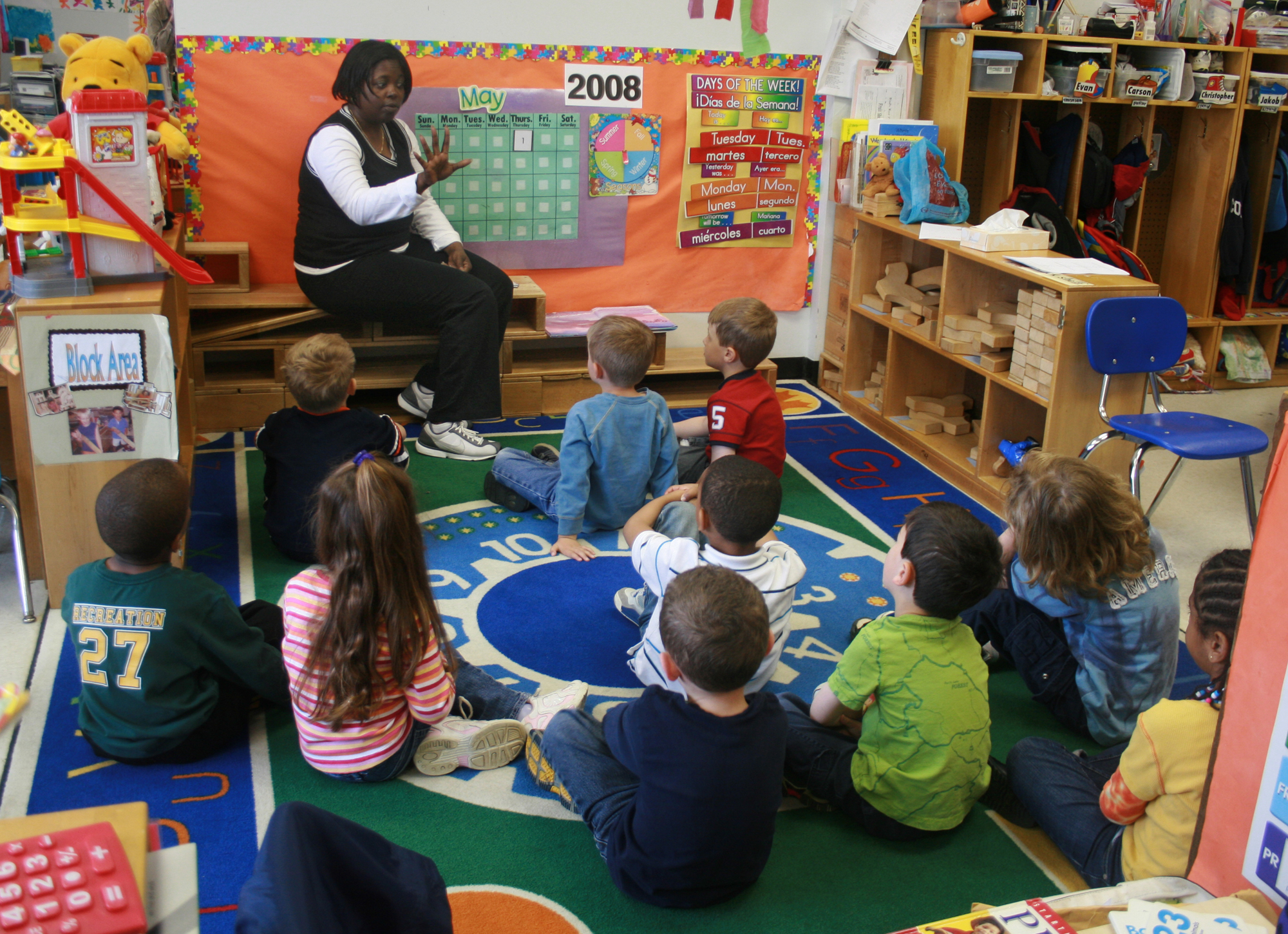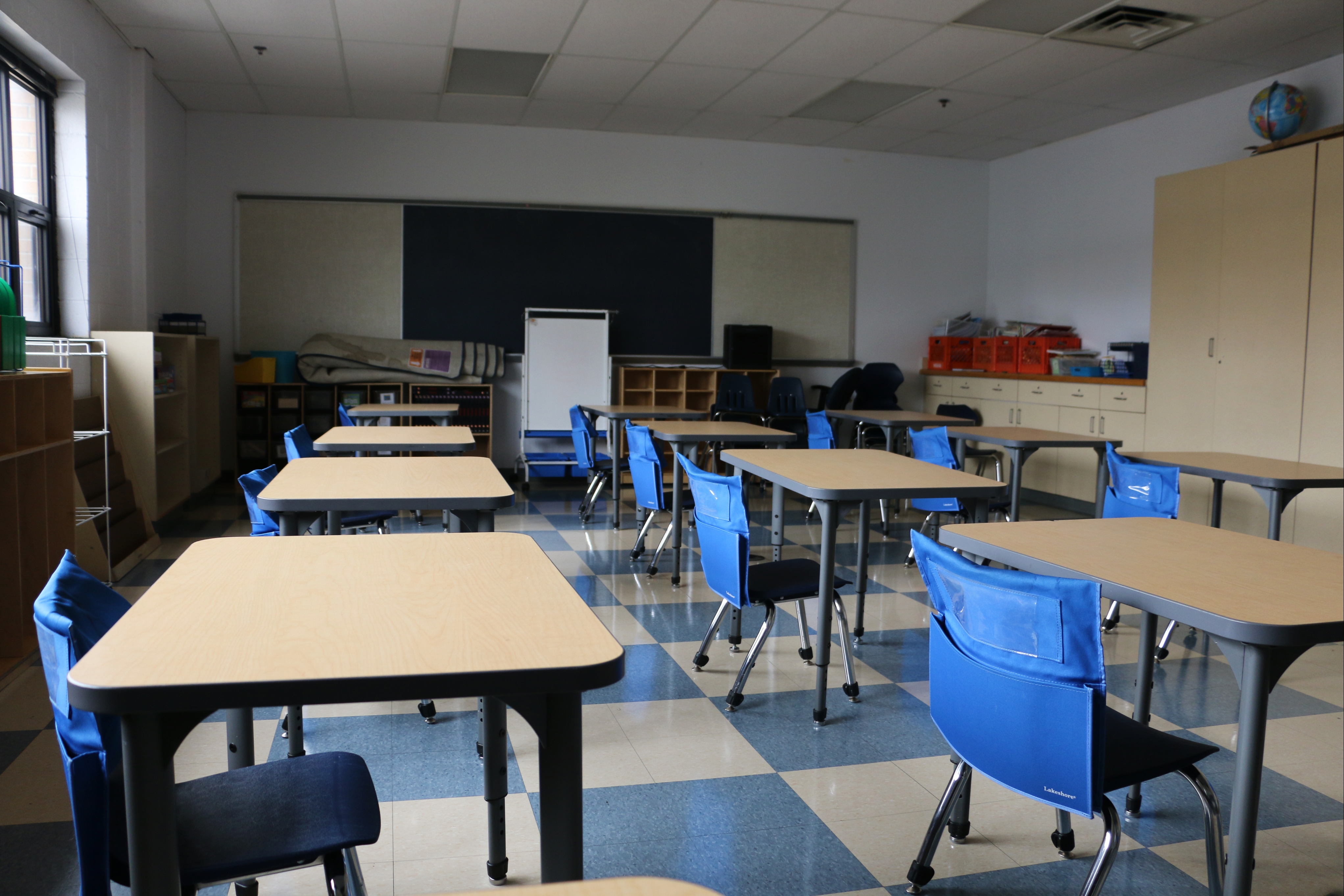The Importance of Local Support to Save Temecula Schools Today
The Importance of Local Support to Save Temecula Schools Today
Blog Article
Comprehending the Significance of Colleges in Kid Development and Neighborhood Growth
Institutions' involvement with local communities through service-learning campaigns enhances the bond between family members and educational institutions. This cooperative partnership highlights the value of schools in supporting active citizenship and long-lasting knowing habits.
Academic Success
Academic accomplishment offers as a keystone of youngster advancement, providing the structure upon which future discovering and success are built. Institutions play a crucial function in fostering this scholastic development, providing organized atmospheres where children can acquire important understanding and cognitive abilities. Standardized curricula ensure that pupils gain efficiency in core subjects such as mathematics, science, and language arts, which are crucial for both college and expert chances.
In addition to giving fundamental academic abilities, colleges also grow crucial thinking, analytical capacities, and intellectual curiosity. These cognitive competencies are crucial for browsing complex real-world situations and adjusting to the ever-evolving demands of the modern workplace. Educators, as facilitators of knowing, utilize varied instructional strategies to cater to varied learning styles, consequently maximizing private pupil capacity.
In addition, scholastic success is carefully linked to self-confidence and motivation. Kids that experience scholastic accomplishments are most likely to create a positive self-concept and a lifelong enthusiasm for understanding. Colleges also supply different resources, such as collections and modern technology, which further enhance the educational experience and prepare students for a highly innovative culture.
Social Ability Development
Beyond academic achievement, the duty of colleges in social ability growth is indispensable. Schools work as a main place for youngsters to find out and practice necessary social abilities such as conflict, communication, and participation resolution. In the organized setting of a class, trainees communicate with peers, instructors, and other school personnel, offering many possibilities to establish these crucial capabilities.
Efficient social skill development in schools is promoted with group tasks, collaborative tasks, and extracurricular programs. These communications assist pupils recognize social standards, construct empathy, and cultivate a feeling of neighborhood. For example, team tasks teach trainees exactly how to interact in the direction of a common objective, listen to different viewpoints, and navigate differences constructively.

The farming of social skills during academic year lays a foundation for future personal and specialist connections. Save Temecula Schools. As pupils develop, the ability to effectively collaborate and interact comes to be increasingly essential, emphasizing the institution's vital function in all natural kid advancement
Direct Exposure to Diversity
Exposure to variety in schools is basic to fostering an inclusive state of mind and expanding pupils' point of views. Schools function as a microcosm of the broader society, and experiencing varied cultures, languages, and socioeconomic histories within this environment gears up students with vital skills for navigating a progressively globalized globe. This direct exposure motivates compassion, lowers prejudices, and advertises common regard amongst peers.
Research suggests that trainees that engage with peers from different backgrounds exhibit far better analytical abilities and creativity. This understanding of variety prepares trainees for future workplaces that value modern competence - Save Temecula Schools.

Neighborhood Interaction
The benefits of diverse classrooms extend beyond the institution wall surfaces, cultivating a strong sense of community involvement among students. By engaging with peers from different social, socioeconomic, and ethnic histories, pupils gain a wider point of view and an appreciation for variety. This exposure motivates them to end up being energetic people that agree to add favorably to their neighborhoods.
Institutions that stress area interaction commonly incorporate service-learning jobs, which allow students to address real-world problems while applying academic skills. These tasks not just enhance trainees' understanding of their coursework however also infuse a feeling of obligation and compassion. Additionally, partnerships between schools and regional organizations provide pupils with chances to take part in neighborhood events, further strengthening their duty as proactive community members.
In addition, parental and community involvement in schools strengthens the bond in between educational institutions and the communities they visit the website offer. They develop a joint setting that benefits all stakeholders when schools open their doors to community events, Website workshops, and volunteer opportunities. This common support group makes sure that pupils receive all natural advancement, preparing them to become all-round individuals that contribute and value to their communities. With these efforts, colleges play a critical function in nurturing community engagement and fostering societal development.
Lifelong Learning Routines
Creating lifelong learning behaviors is important for a youngster's continuous growth and flexibility in an ever-changing world. Schools play a pivotal duty in instilling these practices by creating an environment that fosters inquisitiveness, crucial thinking, and a love for understanding. Via extracurricular tasks and varied curricula, educators encourage pupils to discover various subjects, examine information critically, and apply their discovering to real-world circumstances.

Additionally, colleges offer an organized setting where youngsters can establish self-control and time monitoring skills, both of which are vital for continual understanding. By stressing the relevance of setting goals, assessing progression, and adjusting strategies, schools prepare trainees to browse the intricacies of grown-up life, guaranteeing they remain lifelong learners and contributors to society.
Conclusion
In verdict, institutions are vital in fostering youngster growth and neighborhood growth by offering environments helpful to academic achievement, social ability development, and direct exposure to variety. Ultimately, institutions grow lifelong learning behaviors, equipping individuals with the essential expertise and skills to contribute positively to culture.
In the structured environment of a class, students connect with peers, instructors, and various other college staff, supplying various possibilities to create these critical capacities.
In essence, direct exposure to diversity within schools not only improves individual pupils however also enhances the social textile of the straight from the source neighborhood as a whole.
The advantages of diverse classrooms prolong past the college walls, cultivating a strong sense of community interaction amongst pupils.Institutions that highlight area involvement often incorporate service-learning jobs, which permit students to attend to real-world issues while applying academic skills. Partnerships in between institutions and local organizations give students with chances to get involved in community events, additionally strengthening their duty as aggressive area participants.
Report this page